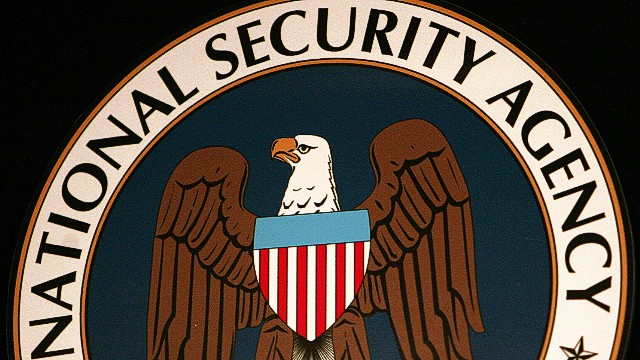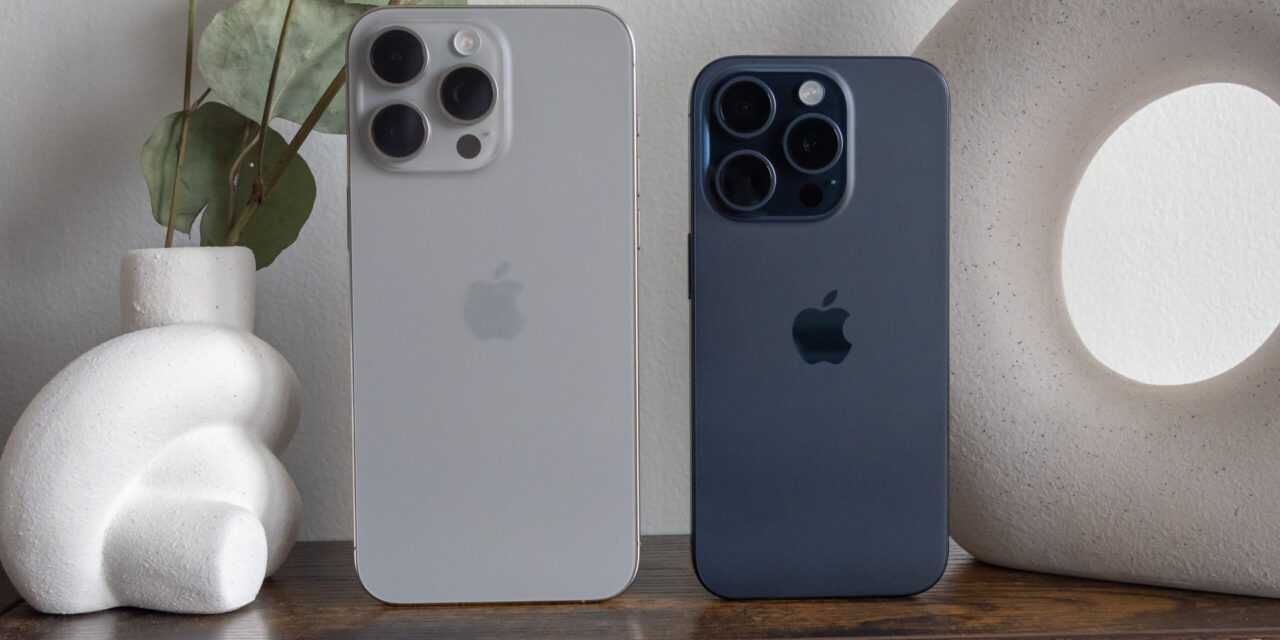
A controversial system tracking the calls and texts of all Americans has supposedly stopped being used by the National Security Agency (NSA).
This agency reportedly quit employing it months ago, and might not ask that it be reauthorized later this year.
Legal but controversial
In 2013, Edward Snowden made headlines around the world by revealing that the U.S. government was collecting and analyzing the call logs of essentially everyone in the United States. The NSA wasn’t accessing what was said in the calls or texts, but it was tracking to whom everyone was talking. The goal was to find networks of terrorists acting inside the country.
This secret program had been authorized by U.S. Foreign Intelligence Surveillance Court but its existence was kept from the public. Until Edward Snowden.
Despite all the resulting buahaha, Congress passed the U.S.A. Freedom Act in 2015 to publicly authorize a version of this domestic surveillance program.
Not being used
But this program may have been mothballed. Luke Murry, national security adviser to House minority leader Kevin McCarthy, said that the NSA “hasn’t actually been using it for the past six months,” according to The New York Times.
Last year, the database of information collected became contaminated with message logs the NSA isn’t authorized to access. Attempts to clean it out have been made, but the government agency has apparently just stopped accessing all the call and message logs it collected from wireless carriers.
The U.S.A. Freedom Act needs to be reauthorized at the end of this year, and Murry said there was a strong chance the Trump administration won’t even bother.
A spokesperson for Rep. McCarthy told the Times that Murry wasn’t speaking in an official capacity for the Trump administration or Congress.
Apple and Privacy
Apple frequently says it believes privacy is a fundamental human right but there’s nothing it can do about the NSA’s program. When it was functioning, it used information collected from wireless service providers (AT&T, Verizon, etc.) that Apple has no control over.
A side effect of Snowden’s bombshell was Apple and other phone makers encrypting everything they could, something a handful of governments around the world are starting to make illegal. (And not the governments might you think.)






Recent Comments